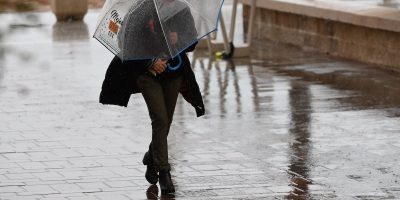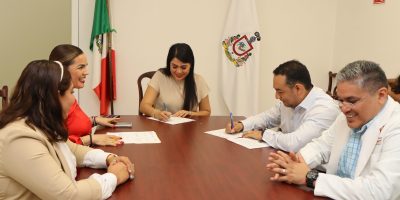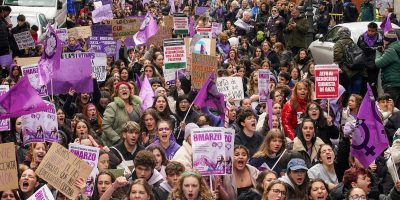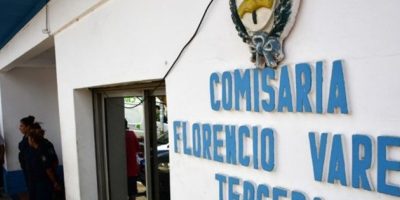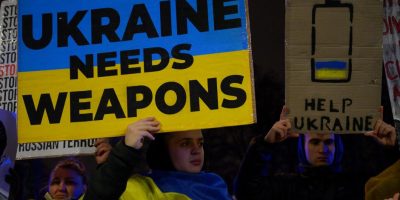– Advertisement –
For the month of February 2025, Jamaica recorded the lowest number of murders in a month since the year 2000.
Addressing a post-Cabinet press briefing at Jamaica House on March 4, Minister of Education, Skills, Youth and Information, Senator Dr. the Hon. Dana Morris Dixon, informed that for the month of February 2025, Jamaica recorded 47 murders.
“So, in 25 years, this has been the lowest number of murders in a month. Now we keep talking about what’s happening with our JCF (Jamaica Constabulary Force), and what has happened in terms of improvements around crime, this is something to celebrate, a historic low number; it means we are going in the right direction,” she said.
“All the work that has been done is paying fruit and so, Jamaica, we need to celebrate this. When the numbers were going up… everybody was talking about what was happening in the country; now we have it going in the other direction, let’s celebrate it,” the Minister said.
Senator Morris Dixon further informed that murders are down 35 per cent from the start of the year for January and February.
“What that means over last year, it’s 63 less murders over those two months. That’s 63 less people killed, 63 less mothers mourning their child’s death, 63 less funerals that we have to do. It’s a big deal; and major crime is also down 25 per cent, so, overall, it’s a great thing for Jamaica,” she said.
Jamaica’s notable reduction in murders so far this year can be attributed to several key factors:
Enhanced Law Enforcement Strategies: The Jamaica Constabulary Force (JCF) has implemented more effective policing methods, focusing on intelligence-driven operations and community engagement. These efforts have strengthened relationships between law enforcement and communities, leading to better crime prevention and intervention.
Legislative Measures: The Jamaican government has introduced stringent laws targeting illegal firearms and organized crime. These legislative actions have increased penalties for gun-related offenses and disrupted gang activities, contributing to the decline in violent crimes.
International Collaboration: Enhanced cooperation with international partners, particularly the United States, has been pivotal in curbing the flow of illegal firearms into Jamaica. Initiatives aimed at tackling gun trafficking have reduced the availability of weapons used in violent crimes.
Community Initiatives and Social Programs: Grassroots organizations and educational institutions, such as the Operation Restoration Christian School in Kingston, provide support and guidance to at-risk youth. By addressing underlying social issues and offering alternatives to gang involvement, these programs have played a role in reducing crime.
Source: Jamaica GIS.
– Advertisement –



